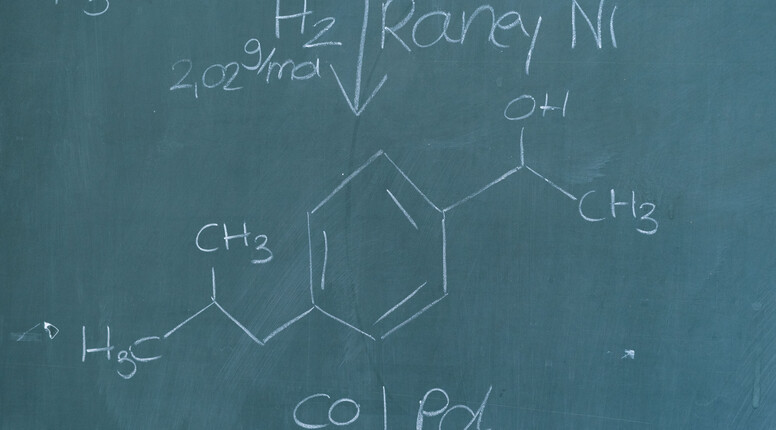Green Chemistry
€1,320.00
From the very beginning, identifying and evaluating potentially high value chemicals that can be extracted and transformed from renewable feedstocks requires robust, efficient, selective, reproducible, and benign analytical approaches. Green and sustainable separation of natural products from agro-industrial waste is attractive considering several techno-scientific, socio-environmental and economic aspects. In this module, the concepts of green and sustainable analytical chemistry, especially separation of natural products will be discussed, highlighting the main studies conducted in this topic over the last years. Some of the principal analytical techniques, by-products and target compounds described in the literature and considering our practice will be presented, including the emerging green and sustainable separation approaches towards bioeconomy, circular economy, UN Sustainable Development Goals (SDGs) and targets internationally agreed in the 2030 Agenda for Sustainable Development, focusing on selected case studies related to food production, processing and consumption.
| is restricted access: | Yes |
|---|---|
| Requirements - university entrance qualification: | Not required |
| Requirements - one year of work experience: | Required |
| Requirements Language: | English: TOEFL Internet (92 points); IELTS (Acad. Level 6.5 points); CAE/CPE (Level C1, Grade B); TOEIC (720 points listening/reading, 310 points speaking/writing); if necessary, individual examination. |
| Requirements Expertise: | Knowledge of chemistry, biology & environment |
| Other requirements |
1) Training as a chemical-technical assistant or pharmaceutical-technical assistant OR 2) B.Sc. in Chemistry, Pharmacy or similar
1) Training as a chemical-technical assistant or pharmaceutical-technical assistant OR 2) B.Sc. in Chemistry, Pharmacy or similar |
| Topic: | Engineering & Natural Sciences, Sustainability, Energy & Environment |
| Format of course: | Online |
| Level: | Master |
| Course language: | English |
| Study programme |
Sustainable Chemistry
Go to study program website
|
| Number of credit points / ECTS: | 10 |
| Workload Contact time (in hours): | 16 |
| Workload self-study time (in hours): | 234 |
| Examination: | In-class examination |
| Exam format: | Portfolio |
| Further exam format: | No further Exam |
| Qualifikationsziele |
You will acquire substantive knowledge about:
You will acquire substantive knowledge about:
|

